At the International Autism Conference in London in 2006, Professor David Amaral Ph.D., shared the story of a young man with Asperger's Syndrome who was visiting the MIND Institute at UC Davis, where Amaral is a Director of Research. The young man was asked what he would do if there was a pill for autism. Would he take it? He thought for a while before replying: he would take half of the pill.
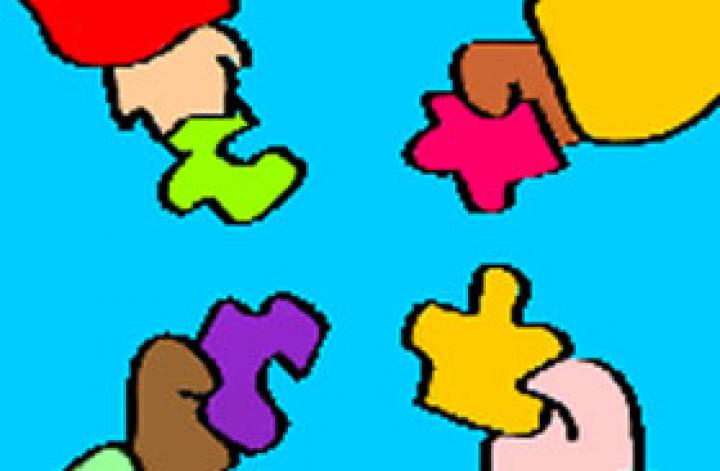
This anecdote illustrates a divide within the autism community. As Mike Stanton, father to an adult son with Aspergers and a professor in the UK who works with children with severe learning disabilities, explains, “there are many who pathologize autism as a disorder that afflicts an otherwise healthy individual. If you hold up this idea you naturally look to understand the causes of autism in order to find that ‘autism pill.’”
The idea of Neurodiversity was developed by autistic people (who oppose person-centered language) as a response to the pathologizing model. Neurodiversity suggests that autism is not a disorder; rather, it is a different order. People who have autism do not want to be cured – they want to be understood. They are advocating for greater acceptance and awareness for themselves and others who are “different.”
“This is not to deny that autistic people often face real difficulties,” says Stanton. “That is why the young man at the MIND Institute said he would take half the pill.”
Human Diversity and a Strengths-Based Approach
“Most of us have been trained to think about autism using a deficit model,” writes Christina Nicolaidis, MD, MPH, an associate professor at the Oregon Health and Science University. Dr. Nicolaidis also co-directs the Academic Autism Spectrum Partnership in Research and Education. On neurodiversity, she writes:
“The neurodiversity movement challenges us to rethink autism through the lens of human diversity. It asks us to value diversity in neurobiologic development as we would value diversity in gender, race, ethnicity, religion, or sexual orientation. As opposed to only focusing on impairments, the neurodiversity model sees autistic individuals as possessing a complex combination of cognitive strengths and challenges... Communicating a strengths-based approach to autism may not only afford autistic patients the respect and dignity they deserve but may also help family members better understand and support their loved ones.”
Ari Ne-eman, aged 25, who is Autistic, was appointed by President Barack Obama to serve on the National Council on Disability in December 2009 as the first person with an autism spectrum disorder to do so. However, as author Susan Moffitt’s article, “Neurodiversity vs. Disorder: The Other Great Divide of Autism” explains, Ne’eman’s Senate confirmation “unleashed a firestorm… Ne’emen’s outraged opponents argue that treating autism as an alternate way of “being” rather than a debilitating condition will reduce research and funding for finding a cure.”
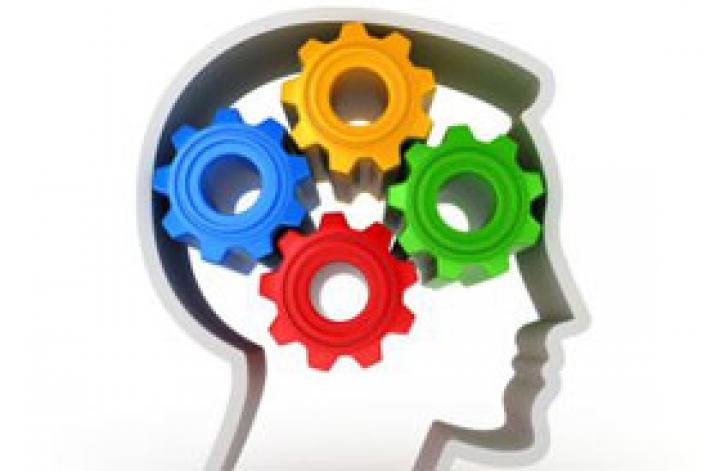
But Ne’eman stands firm in his support of neurodiversity. He is the director of The Autistic Self-Advocacy Network, whose mission is to “advance the idea of neurological diversity, putting forward the concept that the goal of autism advocacy should not be a world without Autistic people. Instead, it should be a world in which Autistic people enjoy the same access, rights and opportunities as all other citizens.”
Opening the door and accepting the difference
Within the autism community – self-advocates, researchers, professionals, family members - there is a great divide as to whether neurodiversity can exist without impinging upon the quest for a cure for autism. As Nicolaidis’ article suggests, as with all debates, there are more than two viewpoints and no clear “right” way of thinking. “Neurodiversity advocates are arguing against the goal of a world without autistic people but they are not saying they don’t want to be engaged in trying to ameliorate the many challenges associated with being autistic. They advocate for increased acceptance, accommodations, and supports and are very welcoming of research, therapies, and services that help them improve their quality of life.”
Andrew Solomon, author of “The Noonday Demon,” actually sees three sides to the debate: “those who believe autism is caused by environmental toxins (particularly vaccines), those who believe autism is genetic and those who contend autistics are neurodiverse and feel they should be left alone.”
On the Job at eVero
At the eVero Corporation, which provides innovative Enterprise Software and Strategic Advisory Services to Human Services Organizations, autism is not a trait that defines a person or a worker and does not indicate a person’s potential.
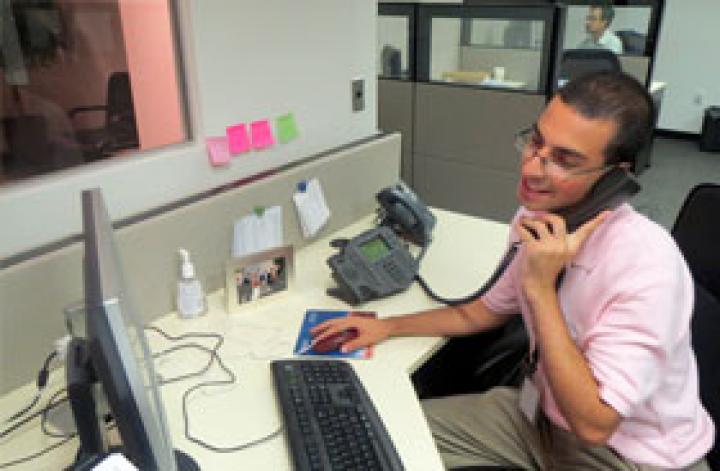
Joe's daily tasks include answering phones, receiving and distributing mail, filing and scanning, and asset tracking. His goal is to manage his own Apple store one day.
They have opened the door for two autistic adults, Richard and Joe, to succeed, simply by offering them a space to do the things that they do well, rather than admonish them for not socializing in the same manner or performing tasks in the same fashion as all of their peers. At the heart of neurodiversity is accepting the difference. Then find ways to work together. And it is not all about problems, either. “Limitations aren’t what matter – potential is,” says Christos Morris, CEO of eVero. “We are giving Richard and Joe a chance to succeed, an opportunity to put their abilities and desires before our expectations.”
eVero takes a “Lifecycle Approach” to all projects: Plan, Build, Run, and Monitor. The company views every project through this prism and meets the challenges inherent in each stage. And finding success in hiring Joe and Richard, as with all other employees, was approached in the same way: Plan, Build, Run, and Monitor. In non-technical terms, see a need, fill it, and evaluate performance until all goals are met successfully.
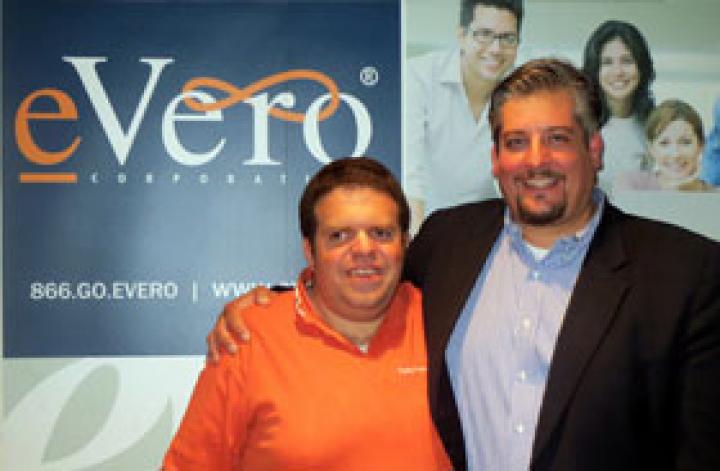
Richard (left), pictured with eVero CEO and co-Founder Christos G. Morris.
“If you examine the history of vocational programming, we’ve established limits based on disability,” says Russell O’Connell, who has been Senior Advisor and member of the Board of Directors since its inception 12 years ago. “But we should expect more than that and then provide the support to make it work.”
A New Kind of Normal
“I’m hoping that my job here will lead to bigger and better things,” says Richard. “This is my first time working with people who are ‘normal,’ but I have confidence and I think I can do it. I can always improve, can’t everyone improve somehow?”
Normal: an interesting concept. What is normal?
If you consult the Oxford Dictionary, normal is “conforming to a standard; usual, typical, or expected.” It also defines “normal of a person: free from physical or mental disorders.”
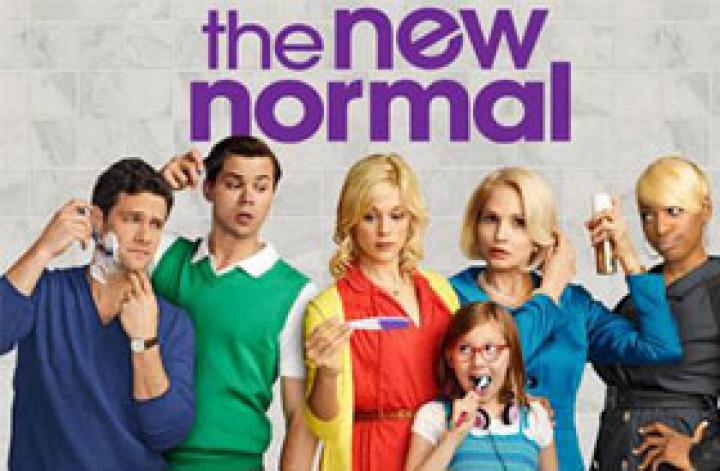
Contrary, if you ask NBC what normal is, the response will be a new comedy entitled, “The New Normal,” that pokes fun at this word in the form of a gay couple and their surrogate (who is also a single mother with an overbearing homophobic grandmother). By mocking the term “normal”, the show is essentially removing meaning from it – showing that there is no such thing as the linear definition that Oxford provides.
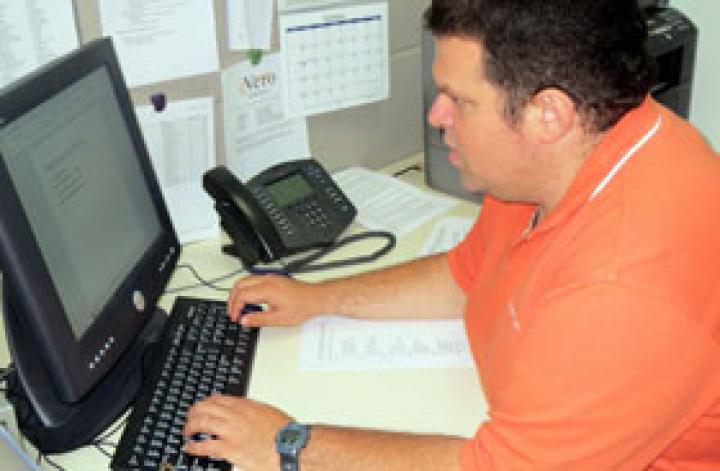
"One of the reasons that I like to work is because it’s a place where I can be me and still be independent," says Richard.
At eVero, the word “normal” simply doesn’t exist. There is simply Christos, Russell, Richard, and Joe, along with the other employees who each bring their own unique skills and qualities to the company, and eVero is a better, more balanced workplace because of it. Are there standards for all employees to uphold? Absolutely. But it is a workspace that values capability and potential and builds in support for areas that need it.
Expanding the Business Model
“We could give them tedious work to just ‘give them a job’, but that’s not helpful,” explains Christos. “What Joe and Rich do is bigger. Call it neurodiversity or just call it good business sense - eVero has shown that hiring people of diverse strengths can work for everyone. It’s about expanding the business model, not just fitting into it.”
Adds O’Connell, “Employing Richard and Joe has been a great experience for everybody. They are both so talented in their own ways – they just needed an opportunity. And as much as it seems we’ve taught these two men - personally and professionally, we’ve all learned even more about ourselves. Hard work is not easy, but if we can’t offer opportunities to grow and develop, then who are we? What kind of business would we be running?”
